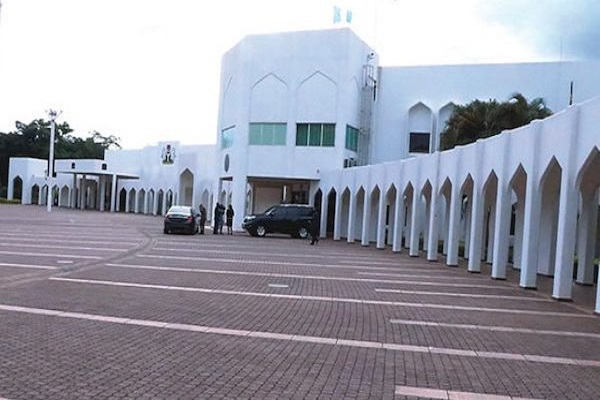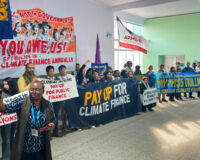The Central Bank of Nigeria, CBN, has said that fuel subsidy removal, lower import bills, and increased external debt servicing obligations could pose downside risks for the growth of external reserves by 2024/2025.
CBN disclosed this in its Monetary, Credit, Foreign Trade and Exchange Policy guidelines for fiscal years 2024/2025.
However, the apex bank in its outlook projected a positive economic output growth in Nigeria by 2024/2025 based on continued policy support in the agriculture and oil sectors, reforms in the foreign exchange market, and the effective implementation of the Finance Act 2023 and the 2022-2025 Medium-Term National Development Plan (MTNDP).
There’re still Nigerians with integrity — Femi, who returned N21m worth of crypto coins to owner0.00 / 0.00
CBN said, “The outlook for Nigeria’s external sector in 2024/2025 is optimistic, on the expectation of favorable terms of trade, occasioned by sustained rally in crude oil prices and an improvement in domestic crude oil production.
“The positive outlook is supported by the sustenance of crude oil price, propelled by the decision to cut
production, and gains from capital flows and remittances.
“However, lower crude oil earnings, fuel subsidy removal, rising import bills, and increased external debt servicing obligations could pose downside risks for the accretion to external reserves.
“In addition, the sustained monetary policy tightening by central banks across advanced economies increases the risk of capital outflow.”
On Nigeria’s output growth, CBN said: “Nigeria’s output growth is expected to maintain a positive trajectory in 2024/2025.
“The growth prospects are dependent on continued policy support in the agriculture and oil sectors, reforms in the foreign exchange market, and the effective implementation of the Finance Act 2023 and the 2022-2025 MTNDP.
“The risk to the outlook is still tilted to the downside, characterized by significant headwinds such as rising energy prices emanating from lingering effects of the Russia-Ukraine war, and the persisting security and infrastructural challenges, which could undermine the growth outlook in the short
to medium term.
“Domestic prices are expected to remain elevated through 2024/2025, on the back of spillovers from global supply constraints, and exchange rate pass-through.
“More so, the persisting security and infrastructural challenges could exacerbate inflationary pressures.
“The performance of the fiscal sector is expected to remain on a positive recovery trajectory in 2024/2025.
“This outlook is contingent on the effective implementation of the Finance Act 2023 and restructuring of key revenue-generating MDAs to boost non-oil revenue.
“However, low domestic crude oil production, growing public debt, lingering insecurity, global economic slowdown, and the Russia-Ukraine war, could pose significant downside risks to fiscal operations in the short-to-medium-term.
“The financial sector is expected to remain resilient in 2024/2025. The outlook mirrors the efforts of the CBN in continuously monitoring emerging vulnerabilities and risks in the system, including periodic stress tests, examination exercises, and the provision of risk mitigants.”







